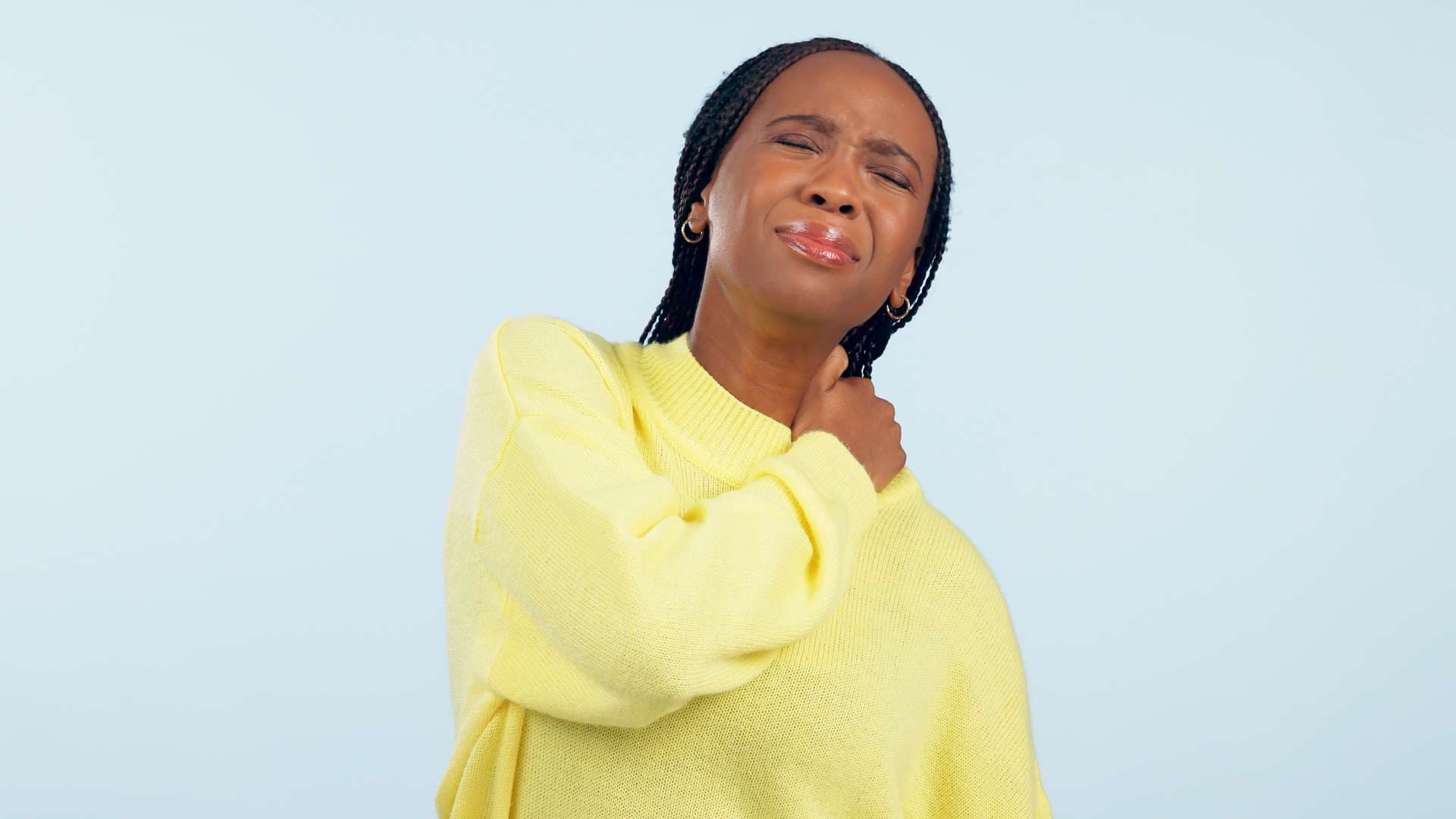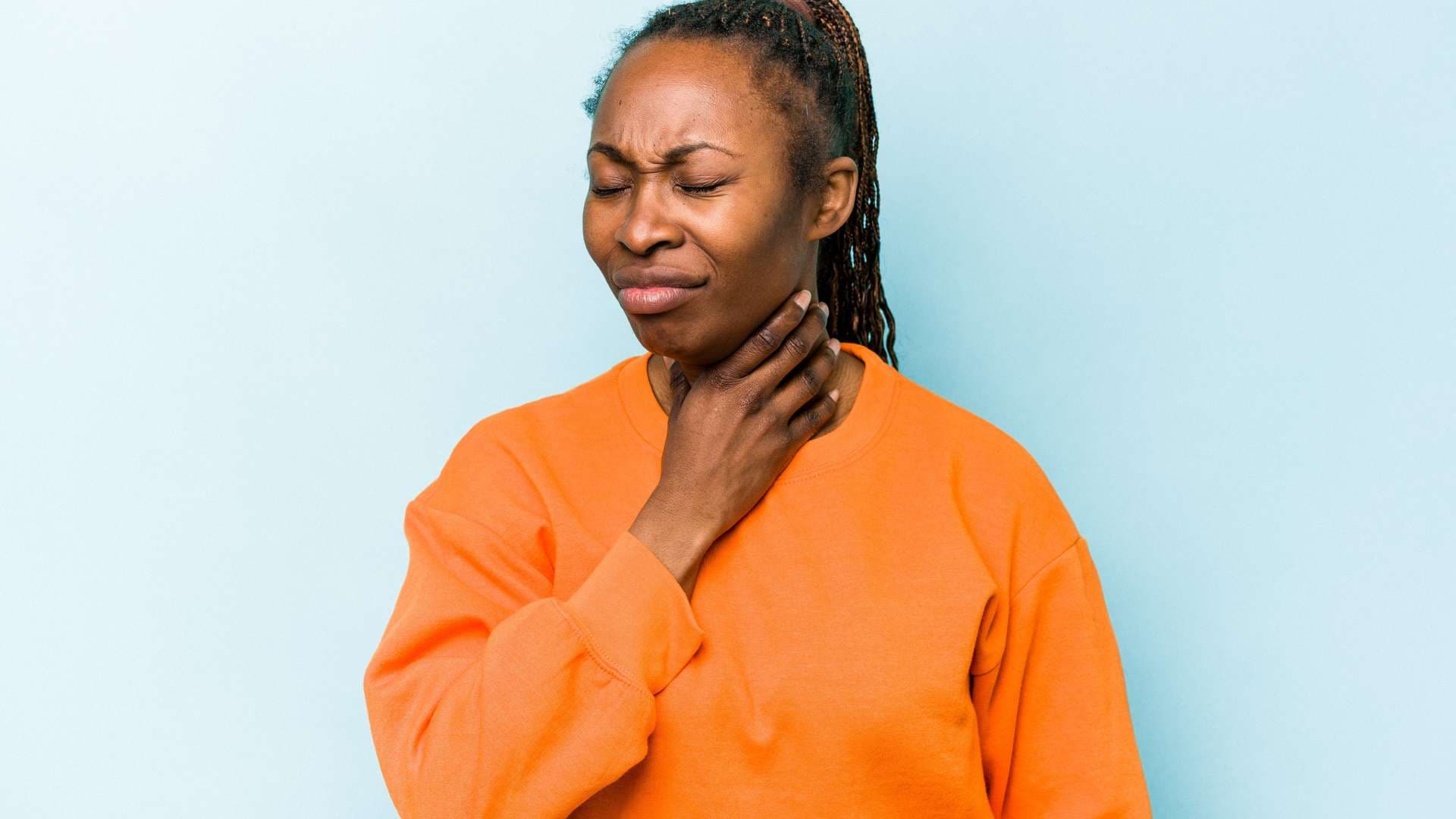Often, neck problems can be accompanied by pain in your upper back or arms. Pain sensations can include hot, burning, shooting, or stabbing pain in your shoulders or in one or both of your arms. Neck pain can also cause headaches.
Causes
- The neck becoming locked in an awkward position while sleeping
- Bad posture
- A pinched nerve
- An injury
Ways to ease neck pain
- Take paracetamol or ibuprofen – or use ibuprofen gel on your neck
- Use a low, firm pillow
- Put heat or cold packs on your neck
- Try neck flexibility exercises
How to prevent neck pain
Do
- When sleeping, make sure your head is the same height as the rest of your body
- Have a firm mattress
- Sit upright – roll your shoulders back gently and bring your neck back
Don’t
- Do not keep your neck in the same position for a long time – for example, when sitting at a desk
- Do not sleep on your front
- Do not twist your neck when you're in bed
Signs you should see a GP
- Neck pain or stiffness does not go away after a few weeks
- Painkillers like paracetamol or ibuprofen have not worked
- You're worried about the pain
- You have other symptoms, like pins and needles or a cold arm – this could be something more serious
Most neck pain only lasts a few weeks. There are things you can do yourself to ease it, but see a GP if it does not go away.
Adapted from Neck pain



